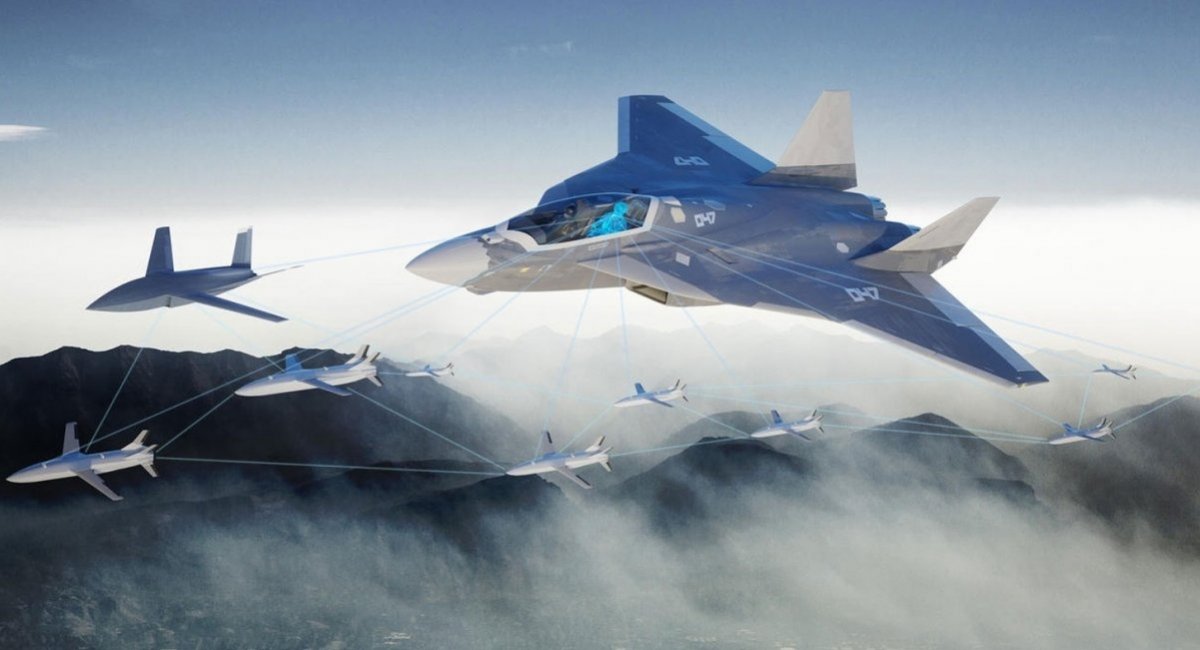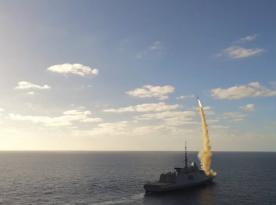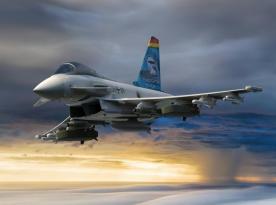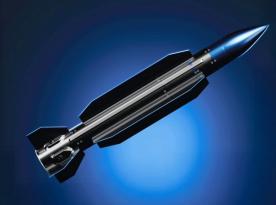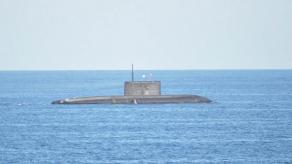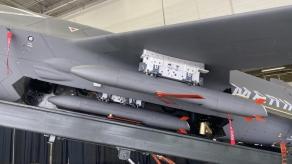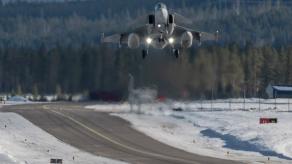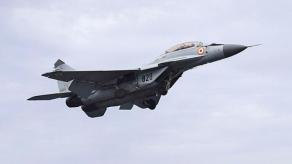The French side of the Future Combat Air System (FCAS) program, led in cooperation with Germany and Spain, has once again criticised the effort and even hinted at the possibility of separating from their partners.
During the April 9 hearings in the French parliament, Dassault Aviation CEO Eric Trappier vocalized complaints that sounded very much like final nails in the coffin of the FCAS. The key points of his speech were outlined by Opex360.
Read more: Germany Announces New Partner for Next-Generation Fighter Jet Project at the ILA Berlin Air Show
A reminder from Defense Express, FCAS has been in phase 1B since December 16, 2022. This is further development of works on the initial concept, aiming to identify key technologies and start creating a demonstrator. This stage, with an estimated budget of €3.2 billion, is expected to take about 3.5 years to complete and should be ready by the summer of 2026.
It will be followed by Phase 2, delivering the first working prototype between 2028 and 2029. However, according to the Dassault Aviation CEO, the transition to Phase 2 is very complicated by the fact that all decisions are made democratically, and all three members have equal voting power.
"It's not that Dassault Aviation doesn't want to be involved. But it's very difficult. We cannot divide up the work according to what we think. We have to compromise, negotiate constantly. <...> Now we will have to negotiate Phase 2, and so on. It's complex and time-consuming. But if the States are willing, we can adapt. Though I'm not sure it's an efficient model," Trappier said.
Then, there's also a chance Belgium will join in the project, too, meaning even more parties to deal with. More responsibilities will be divided, with some of the workshare being delegated to Belgian enterprises at the expense of the French share. The more France reduces its contribution, the less expertise is preserved domestically.
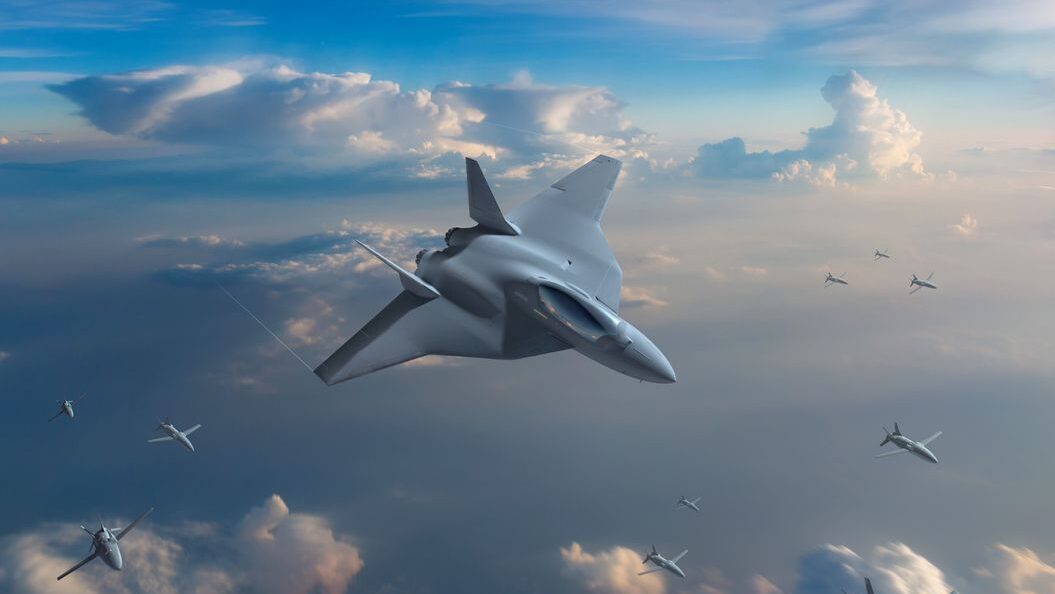
Trappier stressed that "once you've taken the plunge, there's no going back", and that France "has to weigh up what we're giving up to our allies", because it increases the mutual dependence between the European partners.
The division of workshare entails further problems due to the lack of relevant skills in other participant states. For example, Airbus must create the drone fighter, the so-called loyal wingman under FCAS despite having no experience in this. Dassault, on the other hand, does: albeit in partnership, it has created the nEUROn drone. Besides, the project also lacks a sole leader empowered to develop a single interface for the entire system framework that unites all of FCAS subsystems.
The next "nail" is the issue that France wants this fighter to be a carrier of French nuclear weapons, unrestricted by anyone in production or application. But Germany wants the FCAS to carry American nuclear weapons, and it would also means adding U.S.-made components to the design.
In general, Eric Trappier has repeatedly pointed out that all decisions related to FCAS also include political and diplomatic aspects. When directly questioned whether Dassault Aviation could develop a sixth-generation fighter independently, he tactfully yet unambiguously made it clear that it is France that has the skills to make fighters, and they are the ones sharing this expertise with Spaniards and Germans.
Read more: 20-Year Lag and Still No Idea How to Make a 6th Gen Fighter, russia Admits




